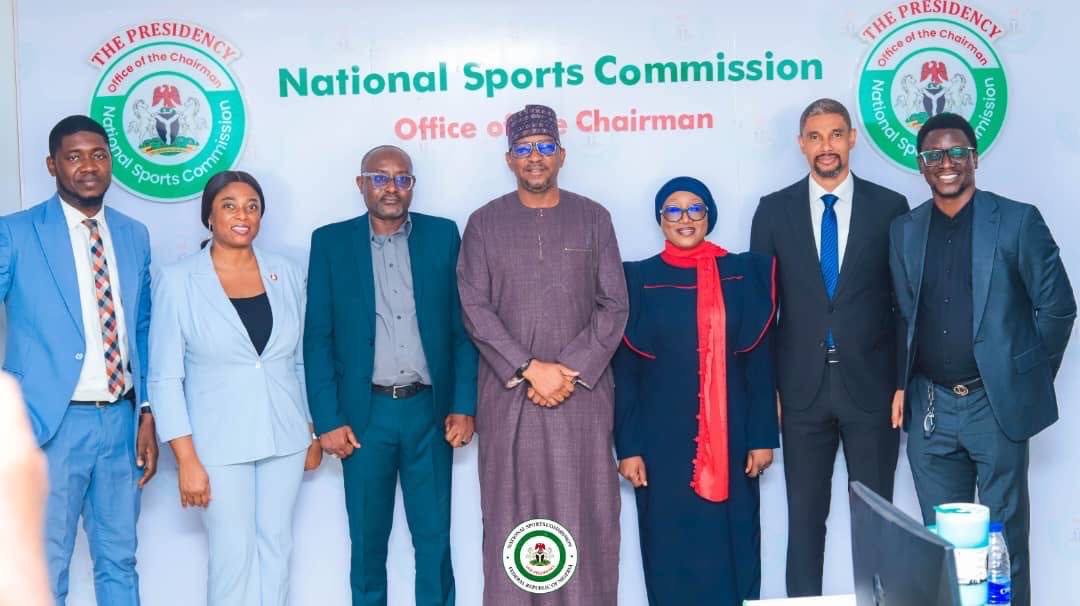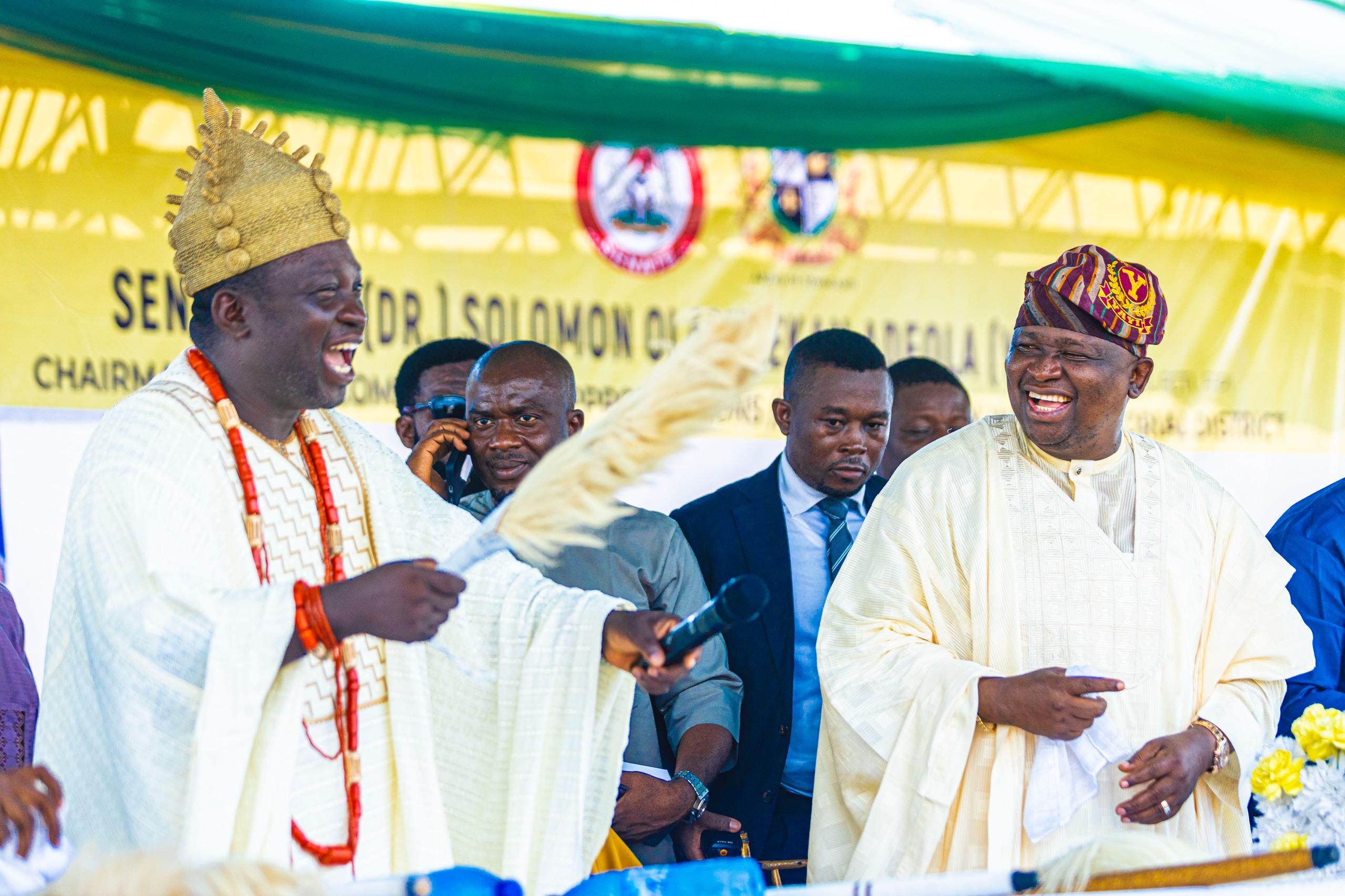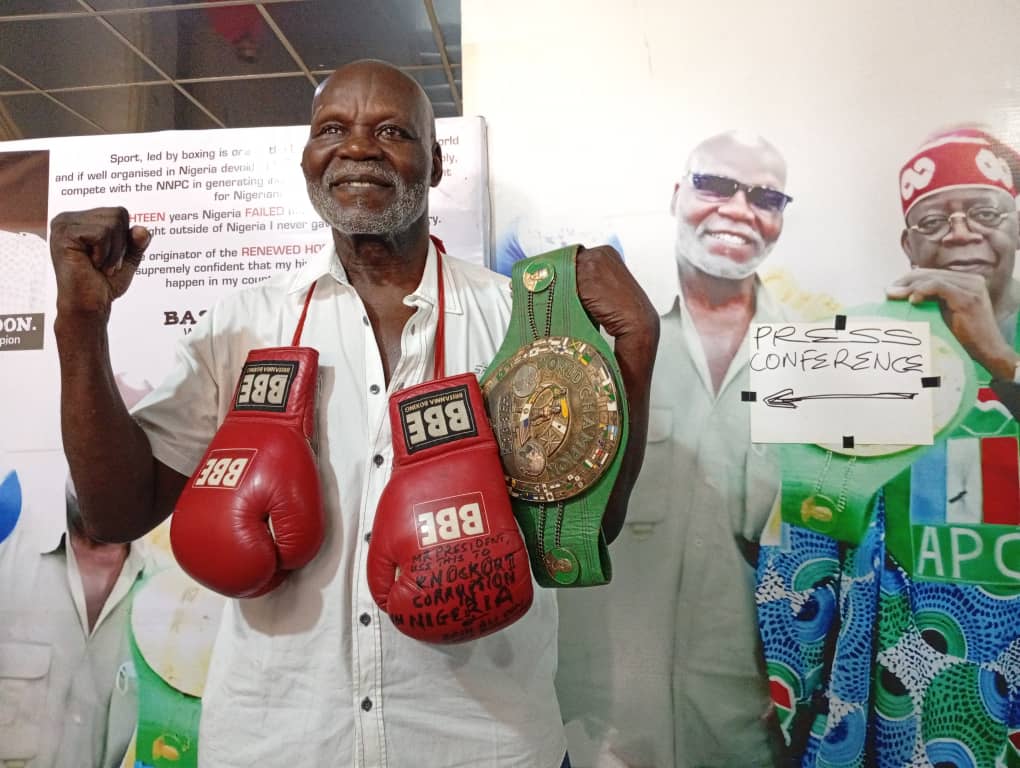U.S. tech workers are increasingly calling for the termination of the Optional Practical Training (OPT) program, which allows international students to work in the country temporarily after graduation.
Critics of the program argue that it disadvantages American graduates by reducing their employment opportunities. They also view the OPT as a key pathway to H-1B work visas, further intensifying concerns about its impact on the U.S. labor market.
The debate has gained traction as the inauguration of President-elect Donald Trump approaches, bringing immigration policies and workforce issues to the forefront.
The OPT program permits foreign students, particularly those from countries such as India, to work in the United States for up to a year after completing their studies. STEM graduates can extend this period to 36 months, making the program an attractive option for international students seeking work experience and potential long-term employment in the U.S.
Criticism of the OPT program has been led by advocacy groups like U.S. Tech Workers, which claims it functions as a “guest worker program masquerading as an internship.”
The group has accused universities of prioritizing the issuance of work permits over their core mission of providing education. They have also drawn comparisons between the OPT program and the Deferred Action for Childhood Arrivals (DACA) program, labeling both as “illegally created.”
These critics argue that ending the program is essential for preserving job opportunities for U.S. citizens, particularly recent college graduates.
Supporters of the program, including figures such as Donald Trump, Elon Musk, and Vivek Ramaswamy, contend that it is crucial for addressing a shortage of skilled workers, particularly engineers, in the U.S. They argue that the OPT program helps to sustain the high-tech industry by filling critical roles that domestic graduates cannot meet in sufficient numbers.
Proponents maintain that the program, along with H-1B visas, is vital for ensuring the U.S. remains competitive in the global market.
For international students on F-1 visas, the OPT program serves as a critical pathway to gaining work experience in the United States. Many use it as a stepping stone to securing H-1B visas, which allow for longer-term employment.
Currently, nearly 97,556 Indian students are enrolled in the program, representing a significant increase from previous years.
The program’s STEM extension, introduced during the Obama administration, permits eligible graduates to work for up to 36 months, further bolstering its importance for international talent.
The program has faced legal challenges from groups like the Washington Alliance of Technology Workers (WashTech), which argues that it harms American workers, particularly those in STEM fields.
In 2023, WashTech filed a lawsuit seeking to end the program, but the U.S. Supreme Court declined to hear the case. Critics have also taken issue with employers’ exemption from payroll taxes for OPT participants, claiming it creates an uneven playing field.
The OPT program, originally expanded during the Obama administration, remains a divisive policy.
Critics view the extension for STEM graduates as a loophole that unfairly advantages foreign students.
However, supporters argue that it is necessary to address workforce shortages and maintain the country’s technological edge.
As the debate continues, the OPT program symbolizes the broader challenges at the intersection of immigration and labor policy in the United States.
While it provides vital opportunities for international students and supports industries in need of skilled labor, its detractors insist it undermines job prospects for American workers, leaving its future uncertain.







